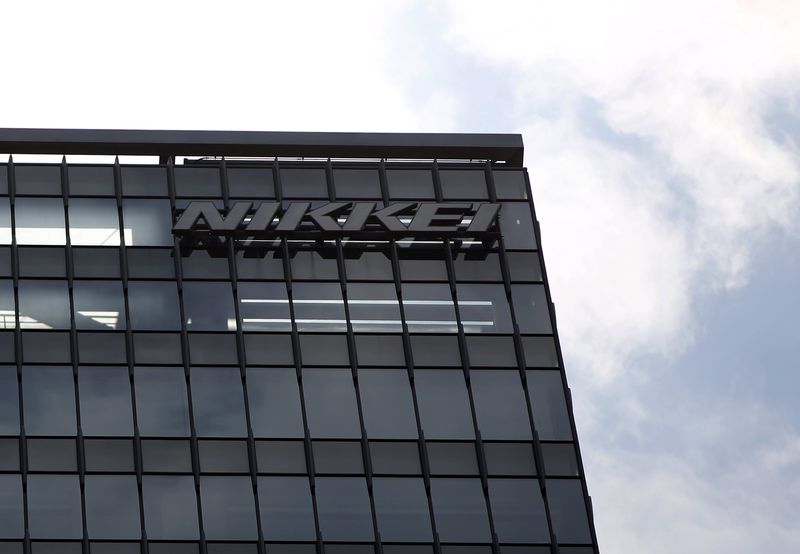By Christopher Cushing
(Reuters) - Nikkei's $1.3 billion (838 million pounds) purchase of the Financial Times from Britain's Pearson PLC (L:PSON) marks the culmination of decades of attempts by the Japanese household name to break into mainstream English-language media.
The Japanese media group's flagship newspaper enjoys a must-read reputation for financial news in Japan and, with a circulation of more than 3 million, bills itself as the world's biggest selling business daily.
But it has remained unable to break out from its home shores since starting life in 1876 as a commodities pricing report published by a trading company.
The broadsheet rose to become Japan's premier economic daily, sponsoring - as the Financial Times once did - the country's main stock index, the Nikkei (N225).
The paper has struggled, however, to translate its dominance in Japanese-language business media into success among English-speaking readers in an international market.
It first published an English-language weekly paper in the 1960s but a plan to produce an English daily, hatched during Japan's economic boom years of the late 1980s and early 1990s when it hired several English-language reporters and editors, faltered after the bubble burst.
The Nikkei Weekly newspaper continued but was rebranded, along with the corresponding website, as the Nikkei Asian Review in 2013, adopting a magazine format that last year had a circulation of around 12,000 copies a week, with more than 90 percent sold in Asia.
The Nikkei Asian Review won three prizes at the Society of Publishers in Asia this year, its debut appearance at the awards, including an award for reporting on the environment.
The Nikkei also had a years-long alliance with Wall Street Journal publisher Dow Jones, which came to an end in the last decade.
With deep ties to corporate Japan, the Nikkei is known among investors for market-moving previews of corporate earnings days in advance of companies' official announcements.
That pattern of widespread apparent leaks to the Nikkei attracted criticism at a time when Prime Minister Shinzo Abe's government has been advocating greater corporate transparency to attract foreign investment.
The Nikkei's attempt to break out of a stagnating domestic media market, in a country with an ageing and declining population, puts it among a group of Japanese companies, including insurers and financial institutions, seeking growth overseas.

Although the yen has fallen about 40 percent against sterling (GBPJPY=R) over the past four years - increasing the cost of British purchases - Abe's policies, including a programme of unprecedented monetary easing by the Bank of Japan, has made credit cheap and encouraged companies to acquire abroad.